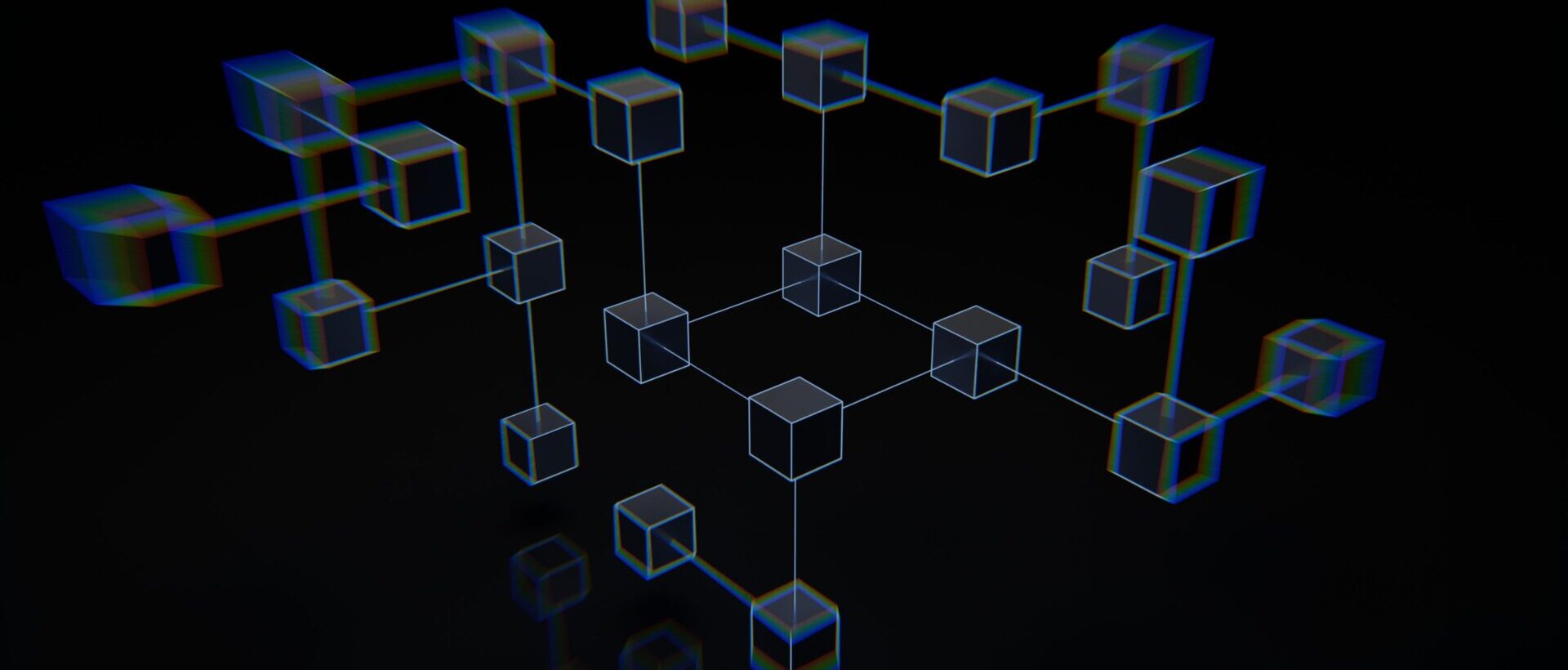Introduction:
Blockchain technology is a distributed, decentralized database that allows for secure and transparent record-keeping. It was first introduced in 2008 with the creation of Bitcoin, the world’s first cryptocurrency. Since then, blockchain has evolved to become much more than just a platform for digital currencies. It has the potential to revolutionize the way we do business, by offering secure and transparent ways to store, transfer and manage data.
Agenda:
What is a Blockchain?
Real World Business Applications:
1. Supply Chain Management
2. Banking & Finance
3. Healthcare
4. Real Estate
5. Digital Identity
What is a Blockchain?
A blockchain is essentially a digital ledger of transactions that is maintained across a network of computers. Each transaction is recorded in a “block,” which is then linked to the previous block to form a “chain.” This chain of blocks is distributed across the network, with each computer holding a copy of the blockchain. This makes it extremely difficult for any single entity to alter the records or corrupt the system.
The technology uses cryptography to secure the data and ensure that it is tamper-proof. Each block contains a unique cryptographic hash, which is a digital fingerprint of the data it contains. Any changes made to the data would result in a different hash value, alerting the network to the attempted tampering.
Real-World Business Applications:
Blockchain technology has a wide range of applications across various industries. Here are some of the most promising business applications:
1. Supply Chain Management
Blockchain technology can be used to create a secure and transparent supply chain management system. The technology can be used to track the movement of goods across the supply chain, from the point of origin to the final destination. This can help businesses to ensure that their products are ethically sourced, and that they meet the required quality and safety standards. It can also be used to detect fraud and counterfeit products in the supply chain.
A real world business example of blockchain in supply chain management would be Walmart tracking produce from suppliers. Blockchain allows for more transparency between the parties to help manage waste, contaminations, and timing of overall items within their supply chain, (FoodLogistics.com).
2. Banking & Finance
Blockchain technology can be used to create a more efficient and secure financial system. Banks and financial institutions can use blockchain to streamline their payment and settlement processes. This can help to reduce the time and cost involved in cross-border transactions. Blockchain can also be used to create digital identities for customers, which can help to reduce the risk of fraud and identity theft.
Ripple utilizes blockchain technology within the finance field to integrate banks, partners, and users with a streamlined system to manage funds. Currency can be converted to various other types of currencies and is stored within a transparent blockchain for added collaboration and security, (Ripple.com).
3. Healthcare
Blockchain technology can be used to create a secure and transparent healthcare system. Medical records can be stored on the blockchain, which can be accessed by authorized healthcare professionals. This can help to improve patient care and reduce the risk of medical errors. Blockchain can also be used to track the movement of drugs and medical supplies, ensuring that they are stored and transported under the required conditions.
MedRec is a project created to use within the healthcare field that utilizes blockchain technology. The patient establishes a connection to their medical records within a blockchain database and can allow providers to use this through smart contracts, keeping it secure and accessible for the patient and providers as needed, (MedRec Project).
4. Real Estate
Blockchain technology can be used to create a secure and transparent real estate system. Property records can be stored on the blockchain, which can help to reduce the risk of fraud and ensure that ownership is accurately recorded. Blockchain can also be used to streamline the process of buying and selling properties, reducing the time and cost involved in transactions.
Propy utilizes blockchain technology within the real estate industry. This blockchain puts more power into the user’s hands by closing their property sales within a transparent ledger, (Propy.com).
5. Digital Identity
Blockchain technology can be used to create digital identities for individuals. This can help to reduce the risk of fraud and identity theft. Digital identities can also be used to streamline the process of onboarding new customers, reducing the time and cost involved in KYC (know your customer) checks.
Civic is an example of the use of blockchain within the digital identity field. Civic is used to reduce fraudulent actions and identify theft online through bypassing traditional identifiers like social security number or photo ID, (Civic.com).
Conclusion:
Blockchain technology has the potential to revolutionize the way we do business. It offers secure and transparent ways to store, transfer and manage data, which can help to reduce the risk of fraud, improve efficiency and create trust. As the technology continues to evolve, we can expect to see even more innovative use cases emerge.
Would you like to discuss blockchain opportunities? Connect with our strategy team today for your free meeting.

